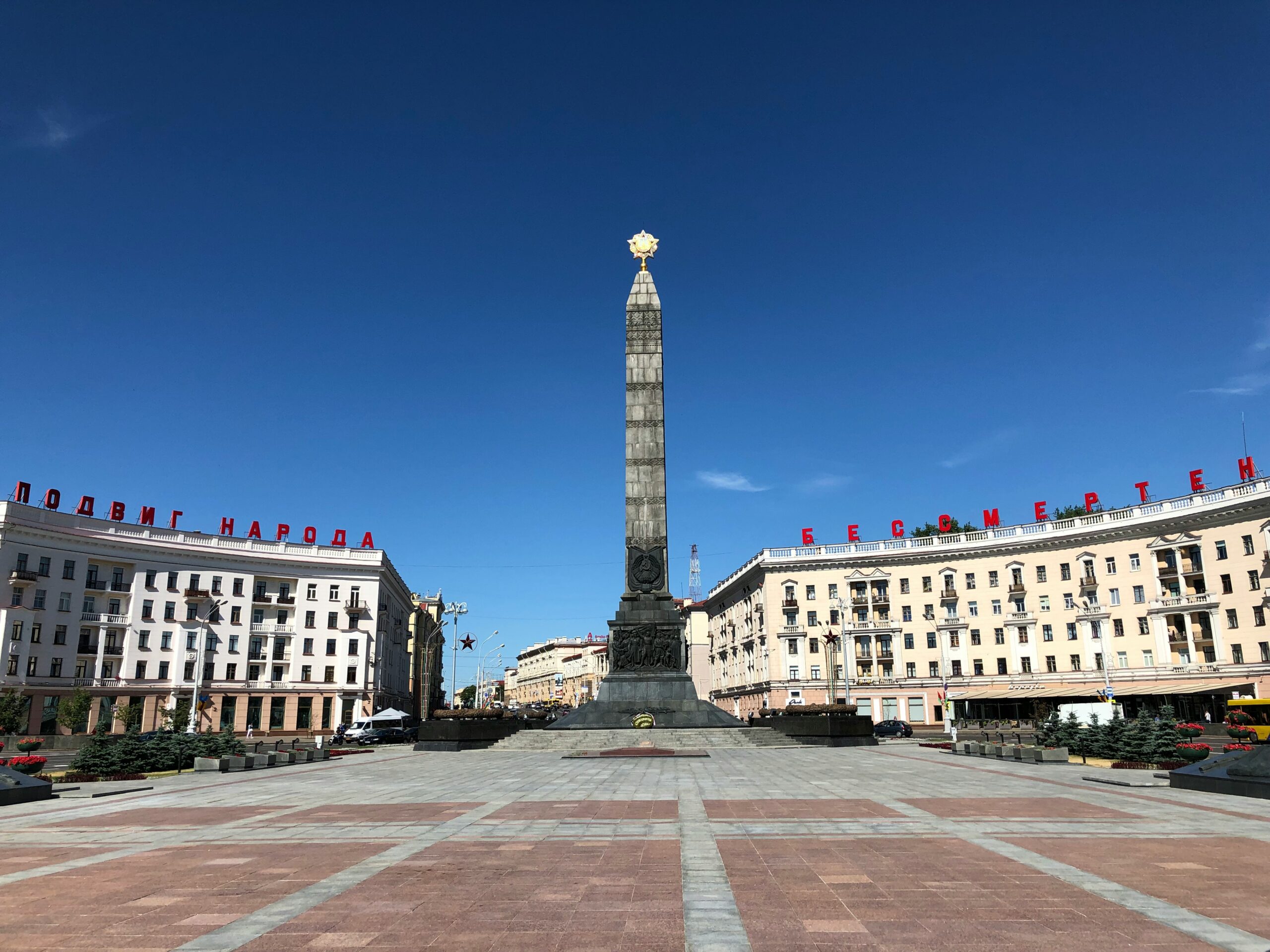
Main narratives:
- General anti-government sentiments;
- The incompetence of the current government;
- Undermining threat from Russia/Belarus
Overview:
Over the past week, Kremlin-aligned media have been dominated by discussions surrounding Eduardas Vaitkus’s recent visit to Belarus. The trip has sparked a wave of criticism from various political figures, yet it was actively supported by malign actors and turned into an argument for the spread of anti-government sentiments.
Minister of National Defence Dovilė Šakalienė expressed strong disapproval of the visit, stating that individuals who engage in such activities are “openly acting against the state.” This statement was met with ridicule by Kremlin-aligned audiences, who countered that it is the President, ministers, and members of parliament who are most detrimental to the nation. They also introduced the argument of “intentional war incitement” into the discourse.
Conservative MP Laurynas Kasčiūnas took the matter further by filing complaints with the General Prosecutor’s Office and the State Security Department (VSD) regarding Vaitkus’ visit. His actions were mocked by commentators who claimed, “A person is free to travel, Mr. Kasčiūnas!” and accused him of scaring citizens. They even criticized the government’s handling of environmental issues, alleging negligence in addressing damage to Lithuania’s forests, rivers, and overall natural environment.
Therefore, the absolute majority of widely read and engaged posts on social media this week were those expressing anti-government sentiments. One such post, titled “The goal is to destroy Lithuania,” attributed this alleged objective to the Seimas, further fueling the narrative of betrayal and national harm. These discussions reflect a broader trend of undermining trust in democratic institutions and promoting a narrative of national betrayal.
The controversy surrounding Eimantas Vaitkus’ visit to Belarus has become a focal point for heated debate in Lithuania, with significant attention from both domestic and specifically Kremlin-aligned audiences. The situation underscores the complex dynamics of national security in the current geopolitical climate.









